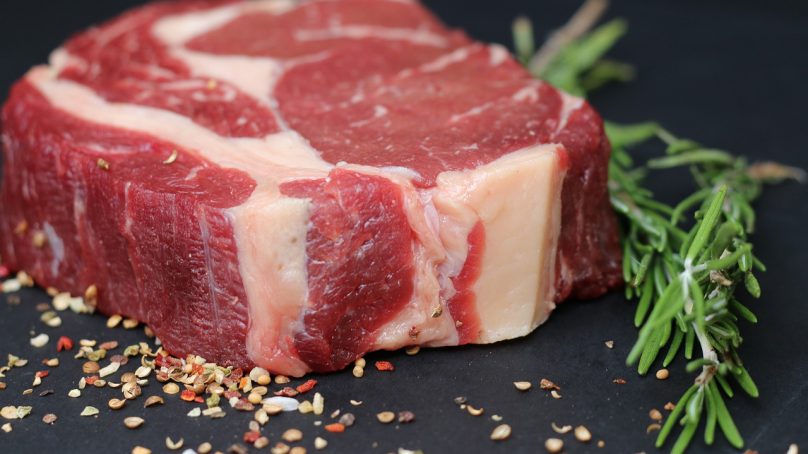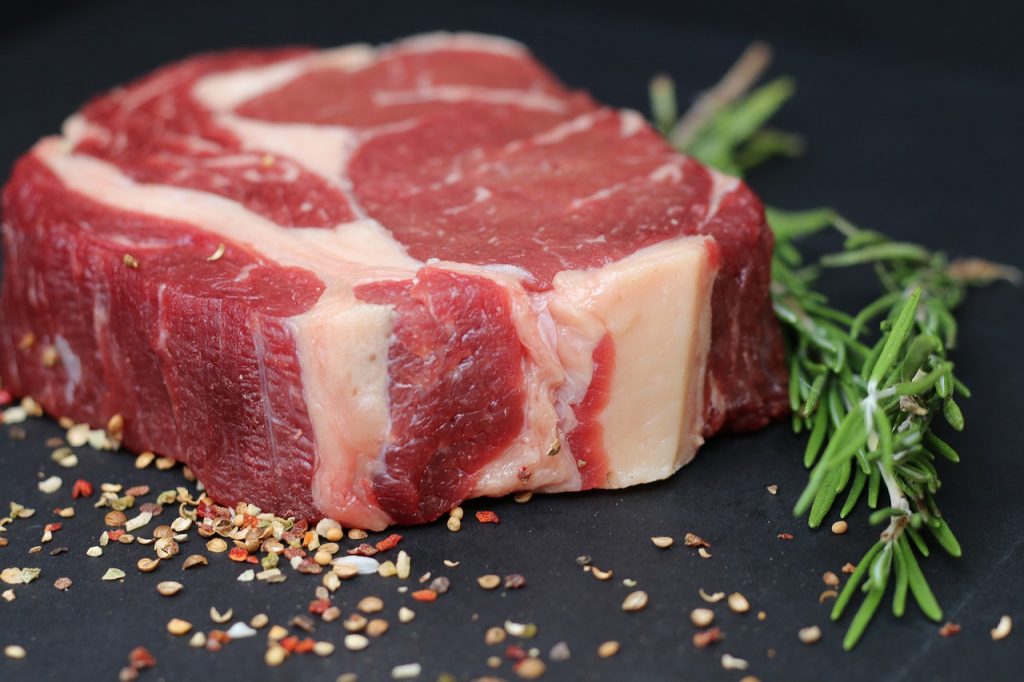
 Maize (corn), sugar, and chicken and bovine meat, were among the Arab region’s top imports from Brazil, sustaining its growing demand both from the industrial sector and the consumer market. This data was revealed by the Arab-Brazilian Chamber of Commerce (ABCC).
Maize (corn), sugar, and chicken and bovine meat, were among the Arab region’s top imports from Brazil, sustaining its growing demand both from the industrial sector and the consumer market. This data was revealed by the Arab-Brazilian Chamber of Commerce (ABCC).
The value of chicken meat exported to the Arab countries during the period hit the USD 580 million mark. Bovine meat reached USD 275 million, during Q1 2019.
The leading exported products were meat and edible offal; iron ores and concentrates, including roasted iron pyrites; cane or beet sugar and chemically pure sucrose.
In total, include food and non-food products, Brazil’s exports to the Arab region grew to USD 3.15 billion during the first quarter of 2019, up from USD 2.75 billion recorded during the same period last year. The total exports to the Arab countries reached 11.5 million tons combined during the first three months of the year, a major jump from 9.1 million tons recorded during the same months in 2018.
The breakdown of data showed that 3.3 million tons of imported Brazilian products worth USD 240.37 million went to Oman. Bahrain imported 2.3 million tons of commodities valued USD 173.22 million from Brazil, while Egypt’s purchase of 1.63 million tons of products was valued USD 412.04 million. A total of 711.67 thousand tons of goods amounting to USD 479.20 million and 650.23 thousand tons of products worth USD 794.53 million went to Saudi Arabia and the UAE, respectively.
Rubens Hannun, president of the Arab-Brazilian Chamber of Commerce, said: “The increasing Brazilian export volume to the Arab world is a result of the strengthening trade relations between the region and the South American country. It also reflects Brazil’s global economic resilience in the midst of challenges. We foresee stronger demand for Brazilian commodities in the Arab world in the coming quarters of the year as the region continues to implement economic programs to expand trade opportunities and experience steady socio-economic development.”
Add to Favorites

















